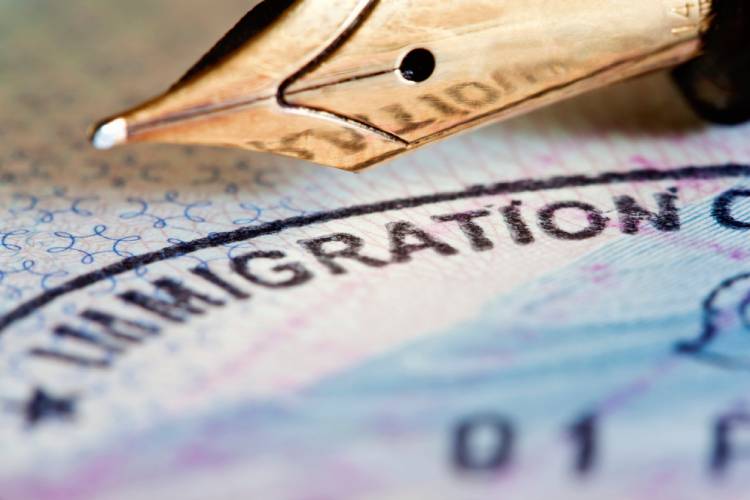L2 Visas for Spouses and Children of L1 Visa Holders
If you are a spouse or have children under 21 and your partner holds an L1 visa, you might be eligible for the L2 visa. This status allows you to join your loved one in the U.S., either to accompany them during their stay or even to take up employment or studies. Here’s how you can apply for and obtain L2 status.










